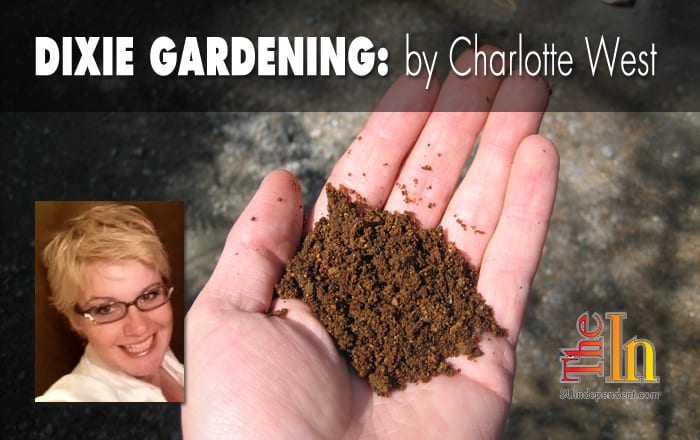 |
| Photo: SuSanA Secretariat |
Written by Charlotte West
Many gardeners try to wrap their minds around why some vegetables just don’t do well in their gardens whereas others thrive or–at the very least–hang on. It’s often a simple matter of soil pH balance.
For many of us, it’s been a while since we’ve taken a basic science class. As quick refresher, pH indicates the active acidity expressed in units. Confused yet? Well, this is important to know, because your plants can only thrive when the delicate balance of soil PH is in alignment with their needs.
There are two kinds of soil acidity: active and potential. On the pH scale, 7 represents the “neutral zone.” Anything higher than this is considered alkaline; anything lower is considered acidic.
It’s rare to find soil with a pH greater than 3 or 4. If you notice a decline in the health of your plants after gardening in untreated soil for a few years, it very well may be an imbalance of soil pH. You can purchase kits to test the soil yourself, but keep in mind that you must be sure to dig deeply enough when testing soil, as that’s where the roots develop.
You can make things complicated, but I like to keep things simple. If you have average or above-average soil that is producing an acceptable crop, leave it alone. But if you notice a yearly decline and plants seem to struggle, you can simply neutralize your soil by adding lime. Your soil will also surely benefit from the addition of compost. You can usually purchase an acceptable garden compost from a local nursery or create your own over time with decaying organic matter. Some are blessed to have cow or chicken manure. Add to your soil before planting when you turn over your garden. If you’re worried about how much to add, I like to err on the lesser side. However, if you do add too much, you may notice that your new plants look as if they are getting burnt way before the weather gets too warm. Simply give your soil a good flushing with plenty of water, and then back off on watering as much so as to not rot the roots.
Successful gardening can take years. But if you truly have a passion for it, educate yourself, and do not lose patience, in the end anyone can become a “Master Gardener.”
Charlotte West moved to southern Utah in 2004 from the farmlands of southern Arkansas, where cultivating the earth is a way of life. Her experiences give her a unique perspective on how plants grow, adapt, and survive in different climates. She finds great joy in sharing her knowledge with others and tending to her garden. From seedlings to 70-year-old elms, she can help you with your horticulture needs.




